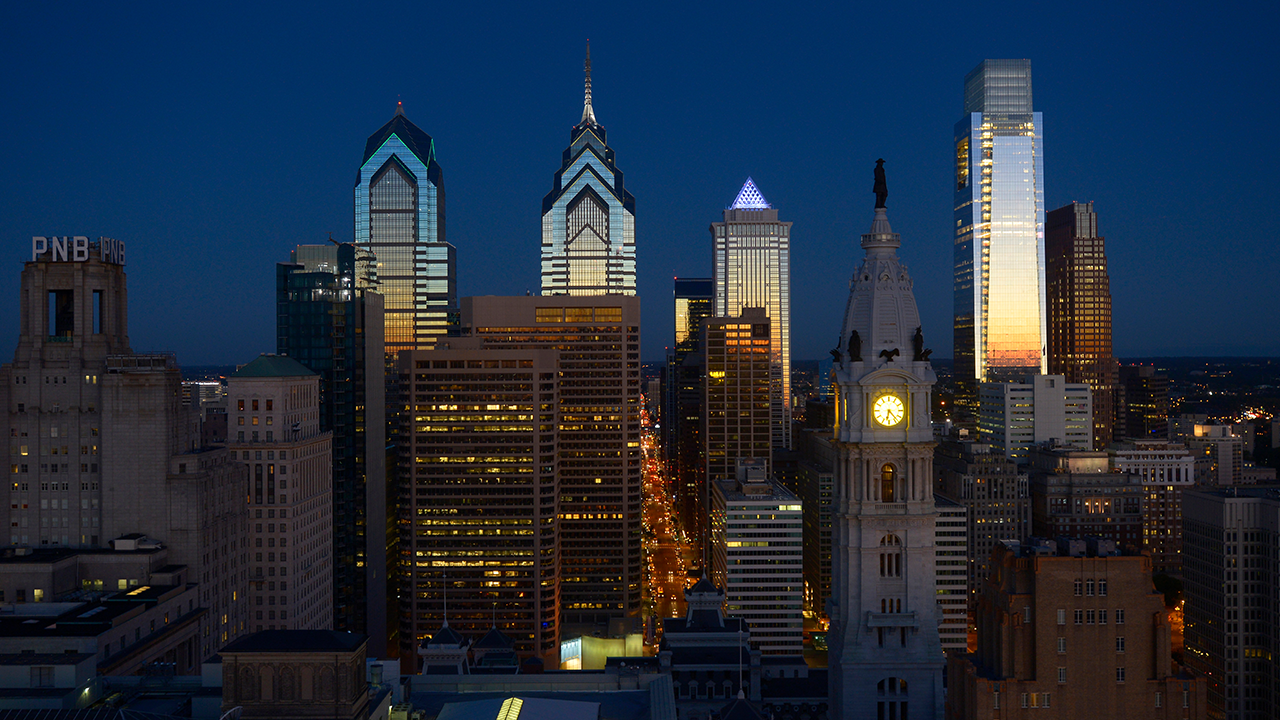Twenty twenty-three was a year of downsizing, diminishment, shelving, sidelining, retrenching, retreating and bet hedging. And 2024 is the year of consequences. The plain fact is that, thanks to the strikes, there simply aren’t enough movies and new shows in the pipeline to give the business the boom year it badly needs. (This weekend’s big opening, “Dune: Part Two,” was delayed from its original 2023 premiere date because of the strikes’ disruption.) For Hollywood, it will take at least a full year for the supply lines to start flowing at capacity again — and there are fewer supply lines than there used to be. Only five of the legacy movie companies still operate as traditional studios and one of those, Paramount, is up for sale.
As for new projects, the industry’s current whispered motto seems to be: Just survive till ’25. Writers and producers pitching projects are being warned to keep expectations at basement level: Nobody’s buying, everybody’s cutting costs, caution rules, and the boom times are over. To quote Tony Soprano — the main character in a hit show back when a golden age seemed to be dawning, not dimming — things are trending downward. He had no idea how prescient he was.
If “Hollywood” were a big summer movie, we’d be right at the end of Act II, at the always-darkest-before-the-dawn moment in the story, when all seems lost. Or, as one agent put it to me, “A lot of us are feeling like we’re working in the aftermath of an industry, not in an industry.” But as any fan of Hollywood screenplays knows, this is also when the beaten-down heroes look at the redrawn battlefield, assess the new, heightened stakes, regroup and eventually triumph. The movie business, since at least the 1940s, has always defined itself by perceived threats to its survival — charges of Communist influence, the advent of television and the rise of the VCR, cable or streaming — and it’s always found a way to rebound.
In the mid-1960s, when studio culture was besieged and foundering and nobody who ran Hollywood could understand why the old ways were no longer working, “it wasn’t just that we were sick of the system,” the director Arthur Penn once told me. “The system was sick of itself.” But that malaise, dejection and uncertainty led to a major upheaval — and a decade of churning creative excitement. The New Hollywood movement of the late 1960s and 1970s happened because a bunch of great young filmmakers made a bunch of great new movies (“Bonnie and Clyde” and “The Graduate” and “Easy Rider” and “The Godfather” and “Jaws”) that turned out to be huge hits. But it’s worth noting that the people in charge at the time considered most of those movies exceptions, oddities and anomalies. The industry didn’t realize that the world beneath its feet was changing.
That’s where the movie business is right now: The system, it seems, is once again sick of itself. The industry has, for the past four years, been wondering when it can get back to normal, and it’s becoming increasingly clear that there may be no such thing. There is only forward to something new. The industry is about to find out what that might look like.






